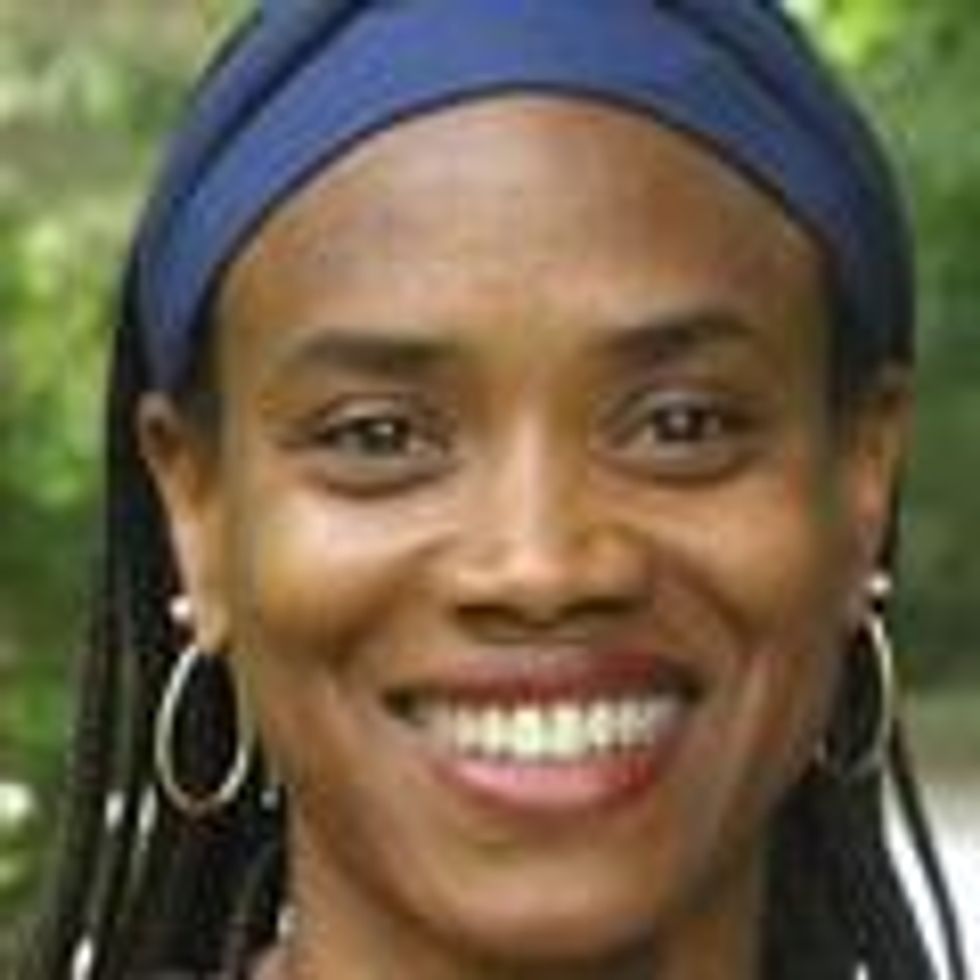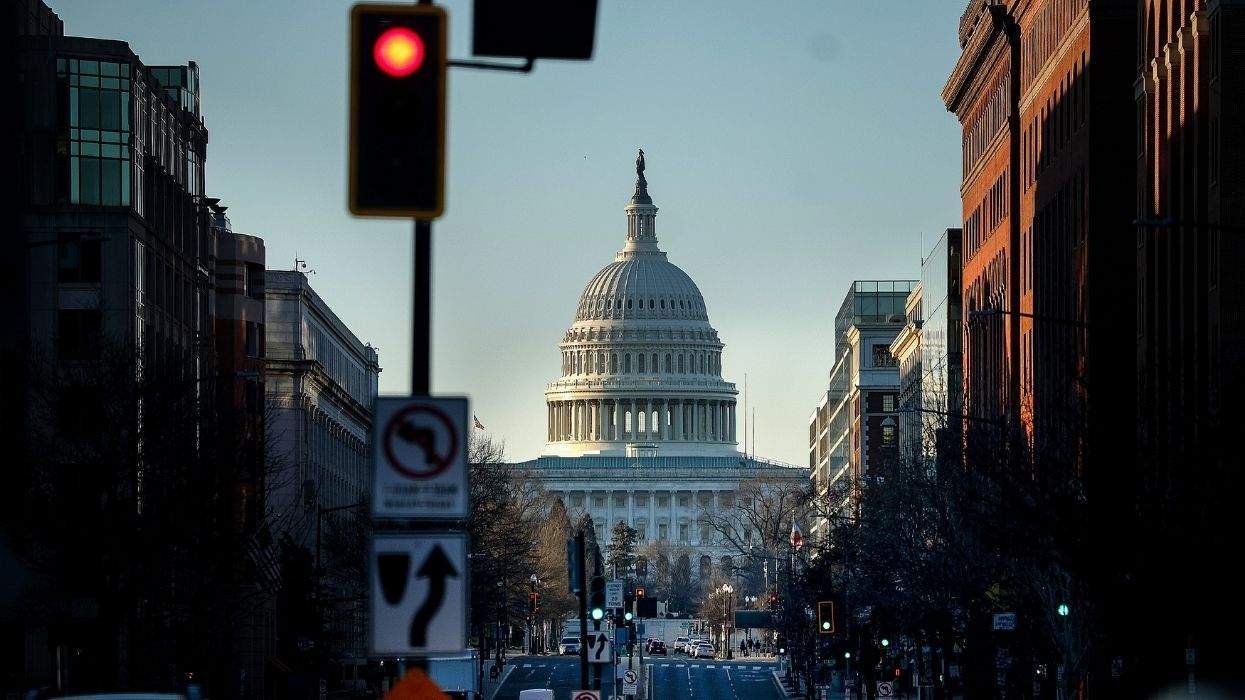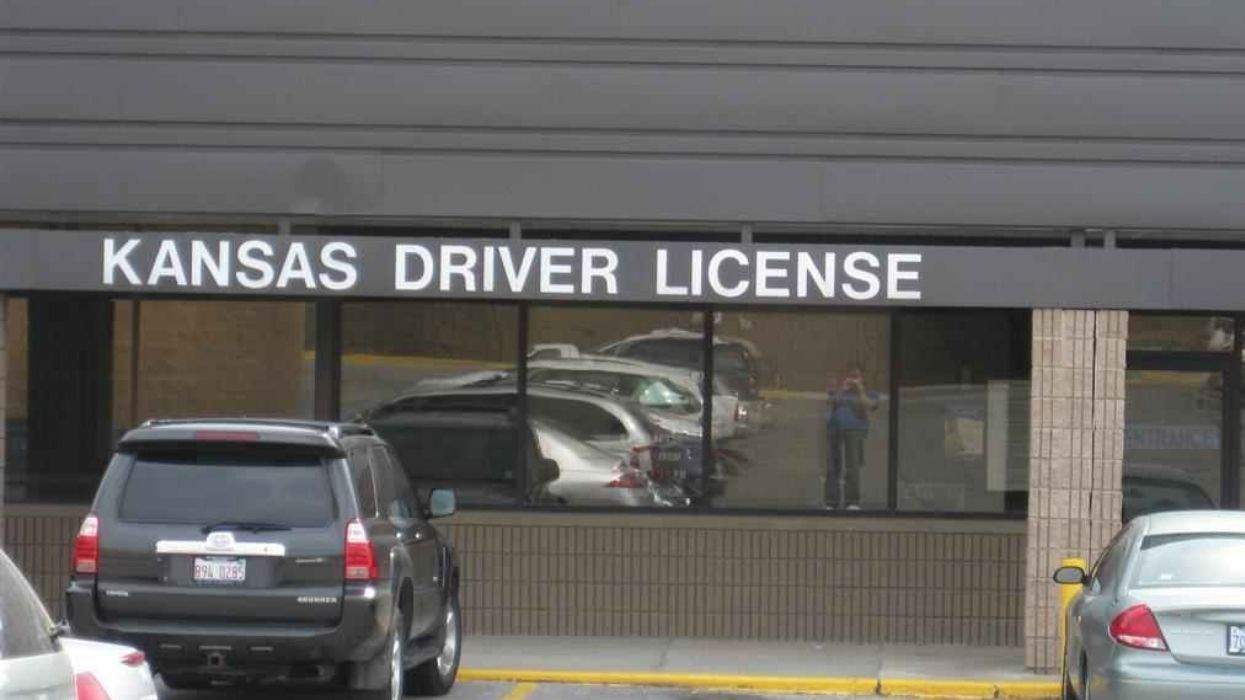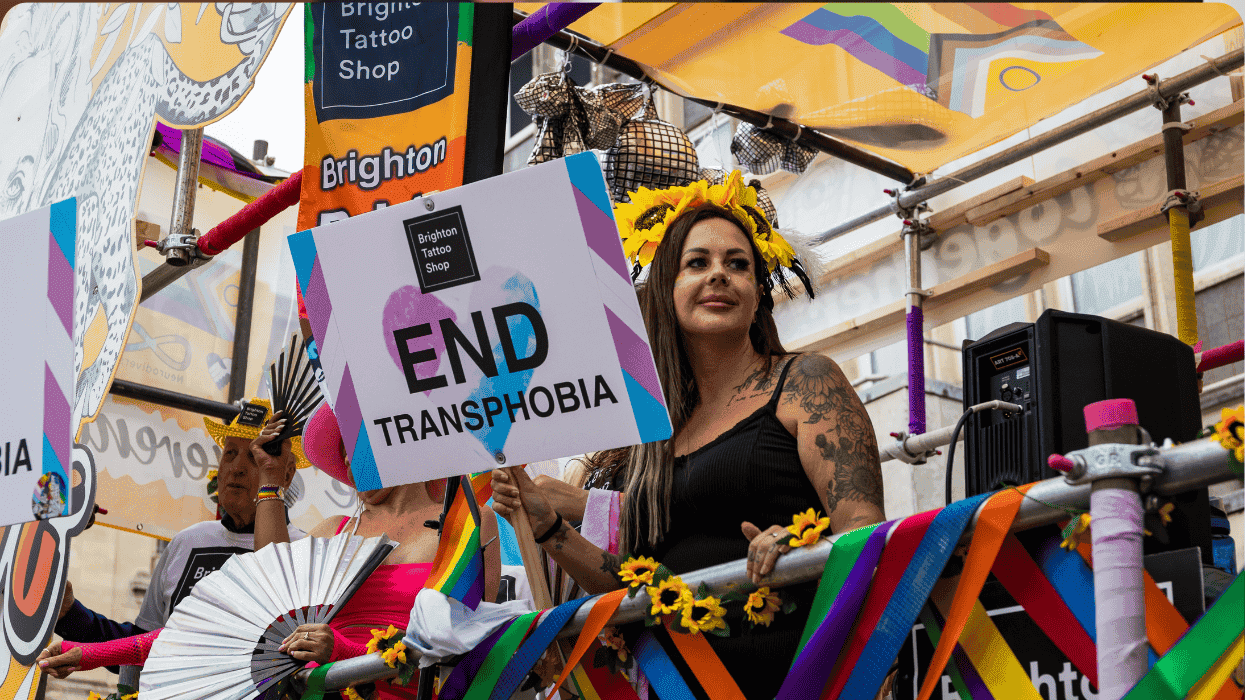I am a child of the black church. And like so many of my African-American LGBTQ brothers and sisters, we continue to have a troubled relationship with our places of worship. But like so many of them, I too am unsettled by the news of this recent spate of church burnings. None of the fires have been labeled as hate crimes -- yet.
I cannot help but notice these church burnings are occurring suspiciously in rapid succession following the Charleston black church massacre, which left nine dead -- including its senior pastor. Just about 193 years earlier, "Mother" Emanuel African Methodist Episcopal Church was burned to the ground by a mob of white slave owners. Mother Emanuel, however, rose from her ashes soon after the Civil War, and the doors of the church has been open and welcoming ever since, even with this recent incident.
In discovering that the motive of Dylann Storm Roof, 21, the neo-Confederate behind the Mother Emanuel massacre, was another Civil War, I am reminded of American novelist William Faulkner. The legendary Southern author wrote in his 1951 novel Requiem for a Nun, "The past is never dead. It's not even past." Sadly, the sudden rash of church burnings is one more persistent reminder of that truism, which is why during antebellum America, hush harbors were places where my enslaved ancestors gathered in secret to worship free of tyranny. How little, it seems, has changed.
This particular act of domestic terrorism by Roof focuses a sharper lens on how the first shot fired during the Civil War at Fort Sumter, near Charleston, is still being felt 154 years later. From white slave owners to the Ku Klux Klan to present-day white supremacist groups, African-Americans' desire to obtain life, liberty and the pursuit of happiness have continually met with violence.
If we thought millennials would be less racist than their ancestors, Roof quickly disabuses you of such a notion with the vitriol expressed in his manifesto, harkening back to Jim Crow America, with its lynchings and church burnings. The 1963 bombing of the 16th Street Baptist Church in Birmingham, Ala., killing four African-American girls, might seem like the distant past, but it was only seven years ago that the Macedonia Church of God in Christ in Springfield, Mass., burned, just after Barack Obama was elected president.
With these recent rash of black church burnings, there has been a massive recruitment effort by the KKK, and Confederate flags have been flying off shelves in some Southern stores. As part of a church body now on terrorist alert, I stand in an awkward place -- like many of my African-American LGBTQ brothers and sisters -- as our places of worship rightly rail against these racist acts of church burnings as well as unarmed black males gunned down by police and mass incarceration, they're also blasting the recent Supreme Court ruling of Obergefell v. Hodges, legalizing same-sex marriage in all 50 states. I was told by several senior parishioners that most black churches showed no jubilation in the 1967 Supreme Court decision in Loving v. Virginia, declaring antimiscegenation laws unconstitutional, as if it's some sort of consolation. Sadly, with civil rights struggles in this country -- by blacks, women, and gays -- primarily understood and demonstrated as tribal and unconnected rather than intersectional and interdependent with each other, I orbit in overlapping worlds, yet home to none.
These church burnings point to what is troubling not only within the DNA of our country but also within the souls of ourselves. Gay African-American icon James Baldwin wrote in The Fire Next Time, "I imagine one of the reasons people cling to their hates so stubbornly is because they sense, once hate is gone, they will be forced to deal with pain."
These flames of hatred will never be extinguished until we dismantle both structural and personal acts of discrimination, whether in the name of God or the heritage of the Confederate flag.
















